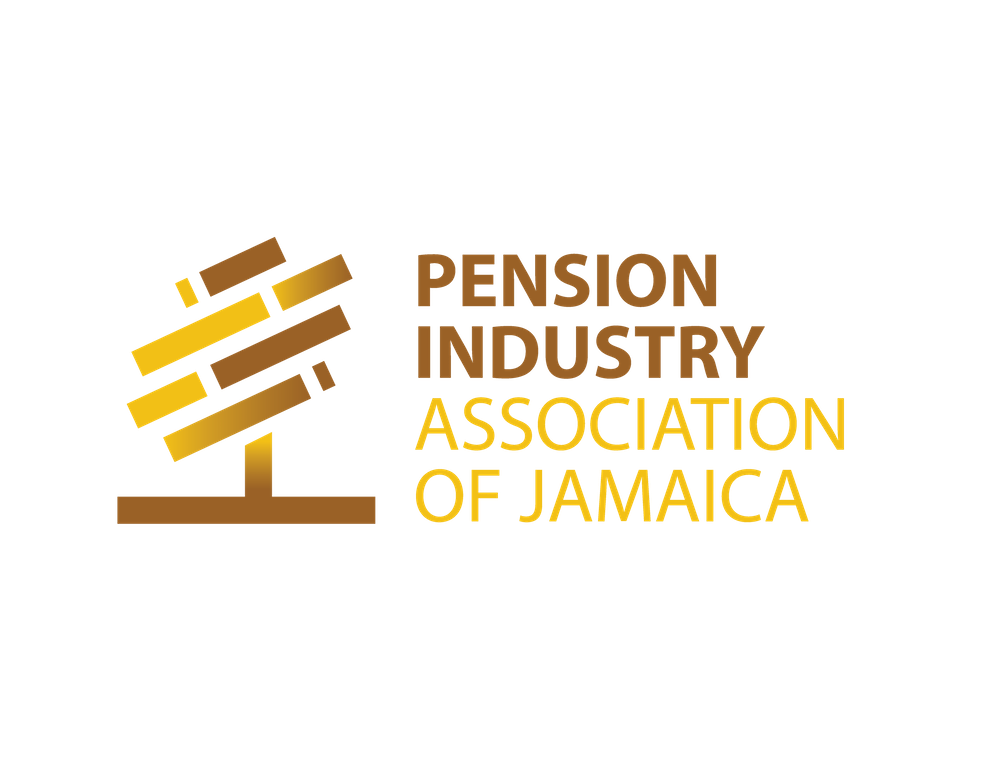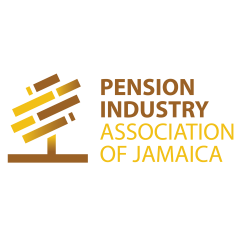1. What are my contribution obligations if I am being paid while on COVID-19-related leave?
Generally, if you are not working but are receiving your full salary, you and your employer will continue to contribute to the pension plan as normal.
2. What if I have been laid off and I am not being paid?
Contributions to a pension plan are based on deductions made from your employment income. If you are not being paid, it is not possible for contributions to be made. The type of plan, along with its governing documents (e.g., Trust Deeds and Rules) should speak to the employer’s ability to cease or modify its contribution obligations.
3. Can I borrow or withdraw money from the pension plan?
Currently, the law does not permit you to borrow or withdraw money from a pension plan.
4. Can I assign my pension benefit to a third party or pledge it as collateral for a loan?
While you are a member of the plan, you cannot pledge or assign your pension benefit to another person or use your future pension as collateral or security for a loan. Once you begin receiving your pension, then you can treat with that money in any way you wish as it is now income paid to you.
5. I am about to retire and plan to use my 25 per cent tax-free lump sum to pay off debts, is this a good idea?
Your pension is often the main or only source of income available to you during your retirement years. It will be important to ensure you have explored all other alternative debt solutions before using your lump sum benefit in this way.
6. What happens to my pension benefit if my employer closes down his business?
If this happens, the pension plan will have to be wound up and benefits paid in accordance with the governing documents of the plan and the law. The assets of the pension plan are separate from any assets of the employer and cannot be used to pay an employer’s creditors. A wind-up of the plan can take 12-18 months to be completed and depending on the stage of the wind-up, you may be able to receive a part or all of your pension benefit before the completion of the wind-up. As a member of the plan, you have a right to access information about the plan administration and its investments, so if you are in doubt, please make enquiries.
7. What is the impact of COVID-19 on the financial health of my pension plan?
The impact on the financial health of your plan will be highly dependent on the depth and duration of the anticipated global recession and the speed of recovery. The funded status of the plan (is the plan in surplus or deficit) and the asset allocation of a plan will also determine the extent of the impact over the short and long term. You should make enquiries with your plan’s investment manager to understand the impact of COVID-19 on the asset classes (e.g., equities, real estate) and overall financial health of the plan.
8. How worse off will persons who are within one-three years of retirement be with the plunge in equities?
Since the coronavirus outbreak, stock markets have fallen considerably and are likely to remain volatile for a while. Approximately 26 per cent of the assets of pension plans in Jamaica are invested in equities. The Jamaican stock market has decreased by over 28 per cent since the start of the year and the market is to remain volatile and likely end the year in negative territory. In fact, the stock market may not fully return to pre-pandemic performance within the next three years.
The overall impact on each pension plan’s returns and accounts will depend on whether the plan has low or high exposure to equities. Plans with moderate to high exposure to equities upwards of 25 per cent are likely to report negative returns in 2020. The interest applied to members’ accounts and the value of members’ accounts are likely to be impacted.
However, this is further dependent on whether the plan is a defined benefit or contribution plan and how well funded it is. In addition, the length of the plan’s recovery in the next two to three years will be also dependent on several factors, including the country’s economic progress, business and investor confidence.
9. Can trustees continue to pursue changes in benefits such as pension increases, shorter vesting periods, hardship withdrawals, etc?
Yes, trustees can proceed to consider and implement changes in line with the Trust Deed and Rules, rules of engagement with sponsors and members, with the help of professional advisers. Please note that some changes will be subject to the detailed review and approval of the Financial Services Commission.
10. What is the likely time frame we can expect the equities to bounce back?
The time frame for the recovery of the equities market is highly dependent on when the COVID-19 curve flattens in Jamaica, reopening of the economy, availability of vaccines in the Jamaica main trading partners (US, Canada, UK), the recovery to positive economic growth, improved financial results from listed companies and return of investor confidence to the market. It is unlikely to see a recovery in 2020.






